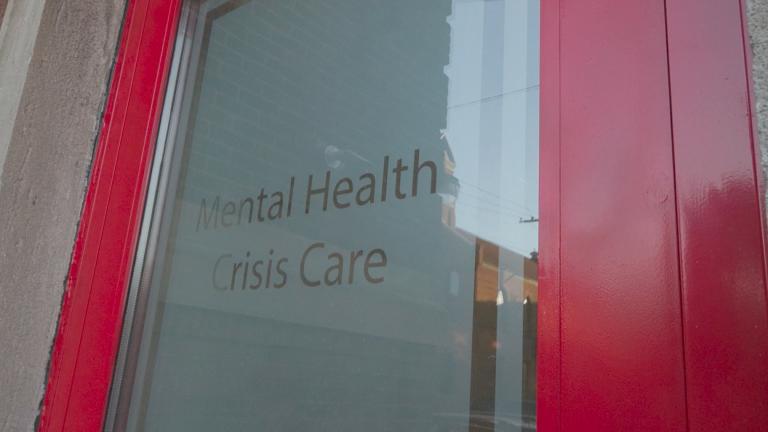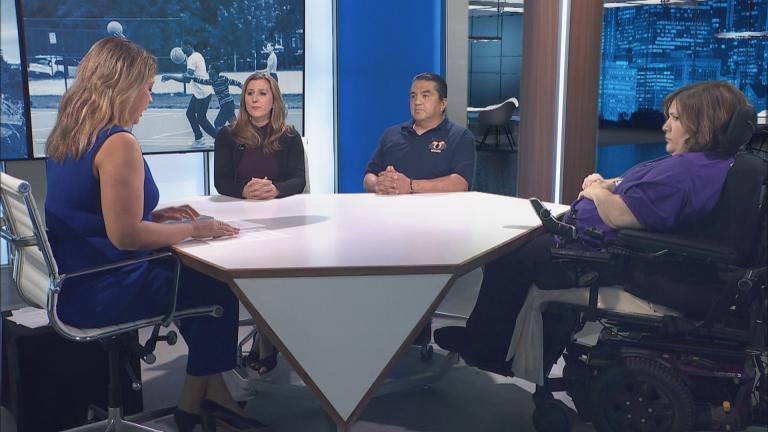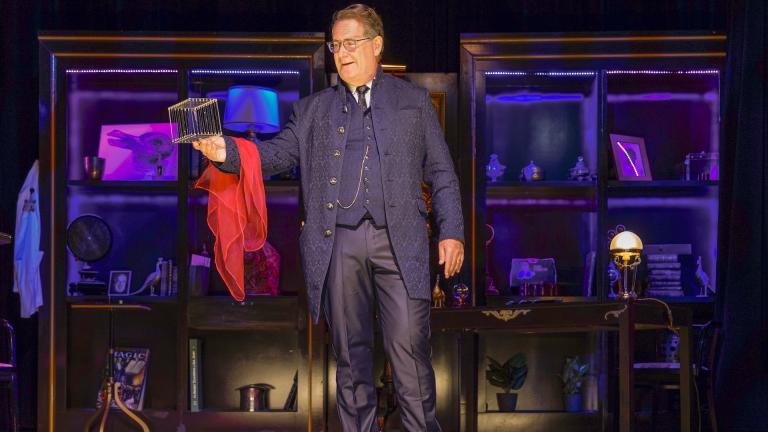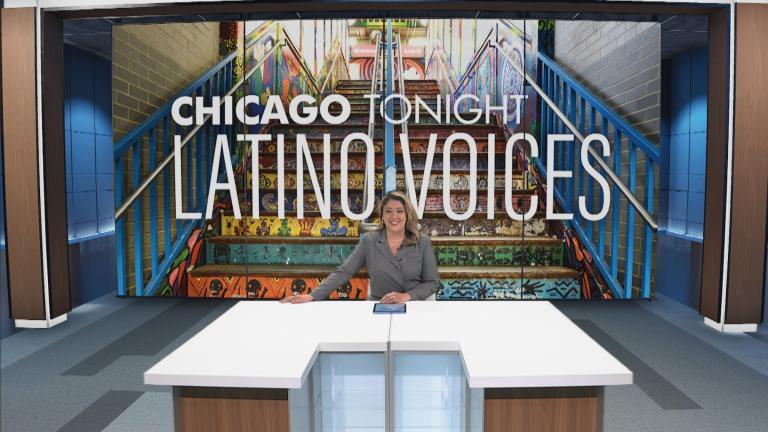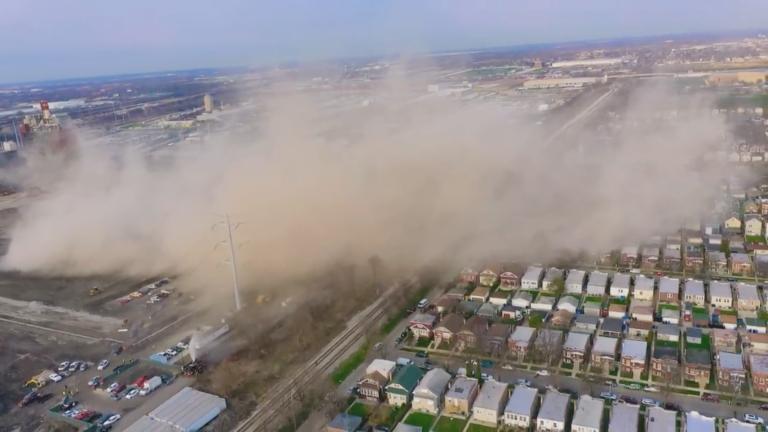Being a first-generation Latino American comes with rewards and struggles — from honoring your roots while defining your identity as an American to dealing with the weight of family expectations while forging your own path.
“Growing up here as the first gen, I think, definitely comes with a lot of responsibility,” Roxana Villatoro said. “It also comes with a lot of pride knowing that you are setting and paving the way for not just your younger siblings but also anyone in our community.”
Villatoro, a bilingual behavioral health counselor with Amita Health, reflected on her blended parents’ journey to Chicago.
“It comes with also knowing that sometimes it’s OK to be selfish,” Villatoro said. “In ways that perhaps our parents were unable to accomplish goals they might’ve wanted, and by sacrificing those things, they wanted to provide a better future for us.”
Bryant Aguirre, a successful photographer, talks about not fitting into a culture box but still exploring his different identities growing up.
“I grew up in Bellwood since I was a kid. My community was Black and Brown,” Aguirre said. “I guess you can say I grew up feeling a bit of confusion from my household with only Spanish speaking and school only English. I didn’t understand there was a change between school and home. I started realizing I wasn’t around a lot of Latinos growing up, so for me, it was more adapting to the real world and things that our parents didn’t have the knowledge or access to be able to tell us what was going to happen in our lives.”
Now Aguirre runs his own photography studio, Mastermind Studios Inc., a space he said gives other individuals an opportunity to chase their dreams. It’s an idea he said started at a young age as an art kid who got into photography through his dad. From there, Aguirre taught himself until, one day, he got a shot with the big leagues.
“I still deal with imposter syndrome because I’m from Chicago, and again in Latino homes, we’re not raised to believe other than work,” Aguirre said. “You need to work really, really hard. So us being in America now and finding new ways to change our generation and break these generational curses.”
For Ernestina Perez, her story is a little different. She came to the U.S. with her family when she was 7 years old but nonetheless understands the obstacles of being the first in her family to pursue her dreams in America.
“Being undocumented in the United States can be really challenging,” Perez said. “I think I was often in space, trying to figure out where I belonged with my parents at home, speaking Spanish, overcoming many of the barriers many immigrant families face in the United States, and then navigating my experiences out in the world. I think one of the things that was most scary was having the sense that there’s a saying, ‘No eres de aqui o alla,’ and yet trying to figure out who I am and what I believe in while still trying to be proud of what your parents taught you through traditions and the pressure to assimilate to the American culture while owning your identity of being American.”
Perez works in the mental health field and runs her own practice called “Latinx Talk Therapy.” She wants to break the taboos surrounding mental health in the Latino community and provide a space for people to feel heard.
When asked for one word to describe Perez’s journey, she confidently shared.
“I say vulnerability,” Perez said.

